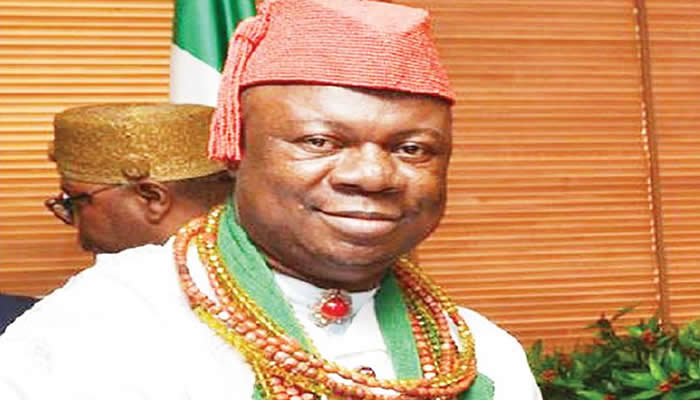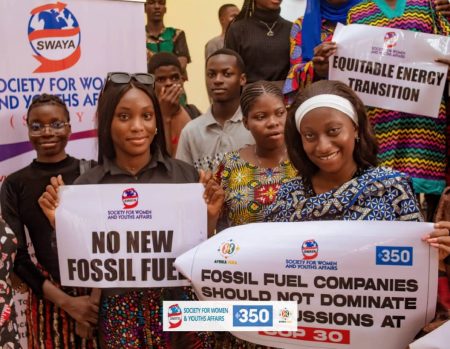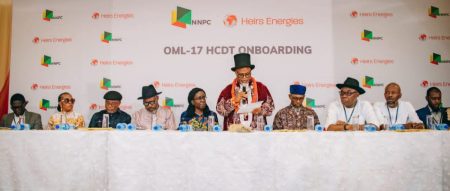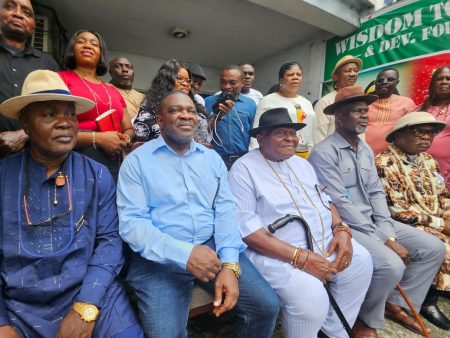
Mkpoikana Udoma
Port Harcourt — All the inaugurated Host Communities Development Trusts, HCDTs, in the Niger Delta have been charged to urgently address the underdevelopment in oil producing communities, by investing in meaningful projects, after receiving billions of Naira in funding from the settlors.
The National President, Host Communities of Nigeria Producing Oil and Gas, HostCom, Dr. Benjamin Style Tamaranebi, made the call, expressed regrets over the poor utilization of funds meant for host community development, revealing that each Trust under the Petroleum Industry Act, PIA, has received massive financial allocations.
Host Communities Development Trust, HCDT, governed by a Board of Trustee, is established by the Petroleum Industry Act 2021, PIA, to manage and utilized the 3percent operational expenditure funds of oil and gas operators, for the development of host communities.
Members of the board of trustees, includes representatives from the host communities, oil and gas companies (settlors), and government agencies, who oversees the management of the Trust, ensures that funds are utilized effectively, and makes decisions on project implementation and community engagement.
Tamaranebi spoke during a townhall engagement with the members of Host Communities Development Board of Trusts and settlors in Port Harcourt, Rivers State, organized by the Nigerian Upstream Petroleum Regulatory Commission, NUPRC, in collaboration with HostCom Project Management and Advisory Consult.
He said, “Money has been paid to these trusts, and each of them has billions in their coffers. No trust in the Niger Delta cannot boast of at least a billion naira, yet our communities remain in deplorable conditions. These funds are meant for development, not to be hoarded or misused.”
He criticized the misplacement of priorities by some HCDTs, pointing out instances of frivolous projects, duplication of efforts, and the siting of projects outside host communities.
“There should be proper utilization of funds. Look for and embark on projects that truly impact the people. Build infrastructure within the communities, not outside. Invest in human capital—train people, fund scholarships, and create job opportunities,” he charged.
Tamaranebi further emphasized that some host communities are financially richer than their local governments, yet the lack of proper project execution continues to hinder development.
“If the 3% allocation provided in the PIA is properly utilized, our communities would have transformed by now. We must ensure these funds lead to real change, development, and progress,” he added.
Also speaking, the Chief Executive of NUPRC, Gbenga Komolafe, reiterated the need for accountability and inclusiveness in the administration of HCDTs.
Represented by a Deputy Manager in NUPRC, Jerry Mbonu, Komolafe stressed that the Commission was committed to ensuring that host communities thrive alongside the petroleum industry.
“This gathering underscores our collective commitment to sustainable community development. Let us seize this opportunity to turn challenges into opportunities and drive inclusive growth in the Niger Delta,” he said.
Earlier, a stakeholder, Elder Iduonibin Obaghama, reminded the forum that the Petroleum Industry Act became a reality due to the resilience of Niger Delta people who fought for their rights. He urged host communities to take full responsibility for ensuring their own development.
“We are all from these communities. It is up to us to ensure our people benefit from these funds. That’s all we’ve been saying here,” Obaghama stated.
The engagement ended with a renewed call for transparency in the management of HCDTs, urging the trustees to fulfill their mandate of developing oil-producing communities instead of allowing funds to be mismanaged or wasted.



